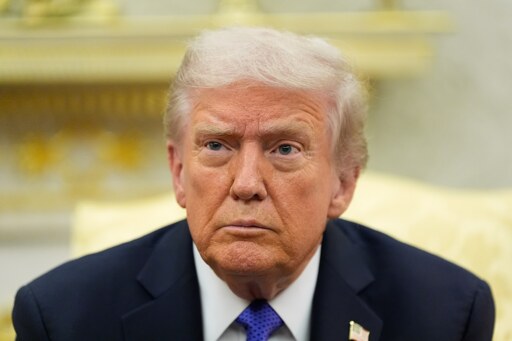- cross-posted to:
- [email protected]
- cross-posted to:
- [email protected]
When asked directly about the 22nd Amendment of the U.S. Constitution, which prohibits any U.S. citizen from serving more than two terms as president, [Steve] Bannon pointed to how there are “many different alternatives” for Trump to stay in office, but did not provide specifics.



Not quite… the constitutional requirements to be president are simple: Natural born citizen, 35+ years old, and US residency for at least 14 years.
It is an open legal question whether and how the 12th and 22nd interact to determine eligibility. The intent seems clear, but the language of the 22nd very plainly concerns only election to the office, not assumption of it.
Calling it “an open legal question” implies meaningful doubt, but in reality, the text, intent, succession laws, and scholarly consensus have already answered this decisively. The only way this alternate interpretation prevails is a corrupt supreme court. Oh…wait. 🤣
It’s never been tested, so it is an open question. Not many people would be bold enough to try, and I don’t think Trump actually will either, but eventually this will go to the Supreme court.
The main problem is, at the time the 22nd was written, there were plenty of cases of presidents who weren’t elected to the office, so why would the text specify only the electoral pathway if it were meant to cover all possible pathways? Even in the most broad reading (no elected official can become president after having been elected president twice), there remain appointed positions within the line of succession - namely secretary of state - that would completely avoid the election clause.
I agree with you that the intent of the 22nd was to ensure a 2 term limit. Unfortunately the language is not that definitive and the current administration has little concern for following the unwritten rules.